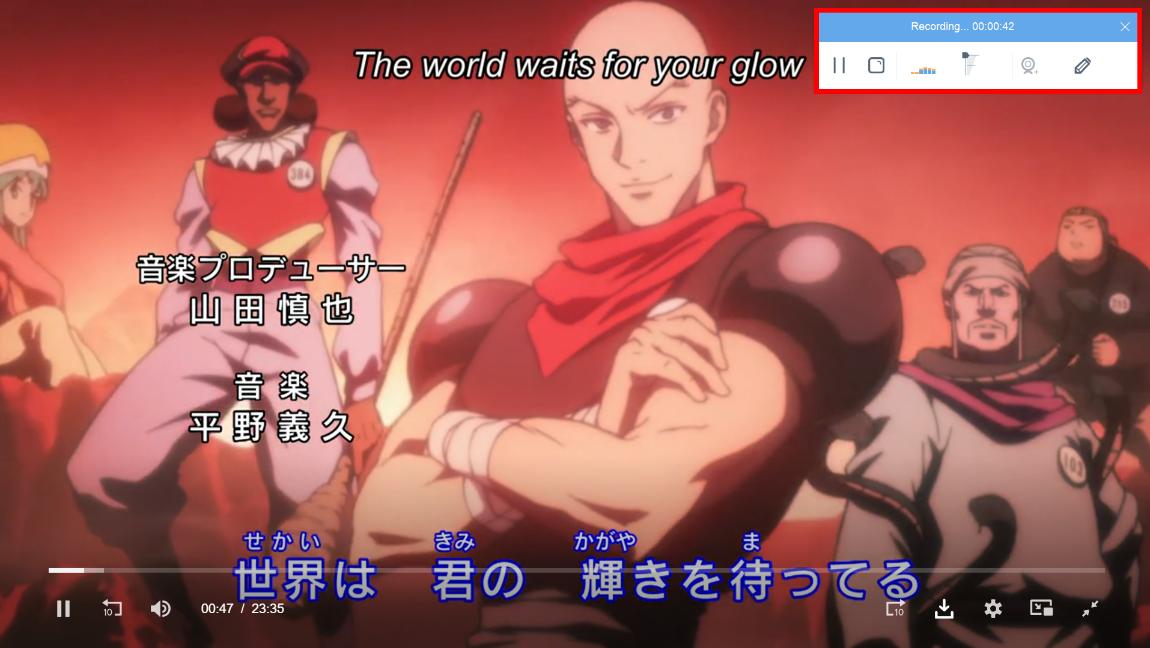SHANGHAI -- Why do workers strike? Well, most of the time they do it for better pay. But when workers at the Honda transmission plant in Guangdong province staged a walkout in recent weeks, they made one extra request.

In their negotiations with the plant's management, the workers demanded an opportunity to learn Japanese so that they could talk to the management who are mostly Japanese nationals.
Here is a lesson for Honda as well as other foreign auto companies operating in China: establish an effective communication channel with your workers, which will help your company reduce the chance of being caught up in wildcat strikes.
After opening itself to the outside world in the late 1970s, China has done a fabulous job in attracting foreign investment. In addition to cheap land and low taxes, foreign companies are attracted by China's cheap and non-unionized labor.
Beijing's ban on independent labor unions has made it easy for the management to reject individual worker's requests for pay raises. But it also deprived management of an effective communications channel with workers.
But why were the three Honda factories the first Chinese auto plants to experience work stoppages?
Prior to strikes, they only paid their workers 1,000 to 1,500 yuan ($146 to $220) per month. By contrast, American and European suppliers in coastal China pay nearly twice as much. This is the main cause of the strikes.
But a lack of communication between the management and the workers also helped trigger the walkouts. Before the strikes, there was virtually no communication between workers and their employers. That resulted in a high turnover rate, and workers who stayed felt mistreated.









Post your comment